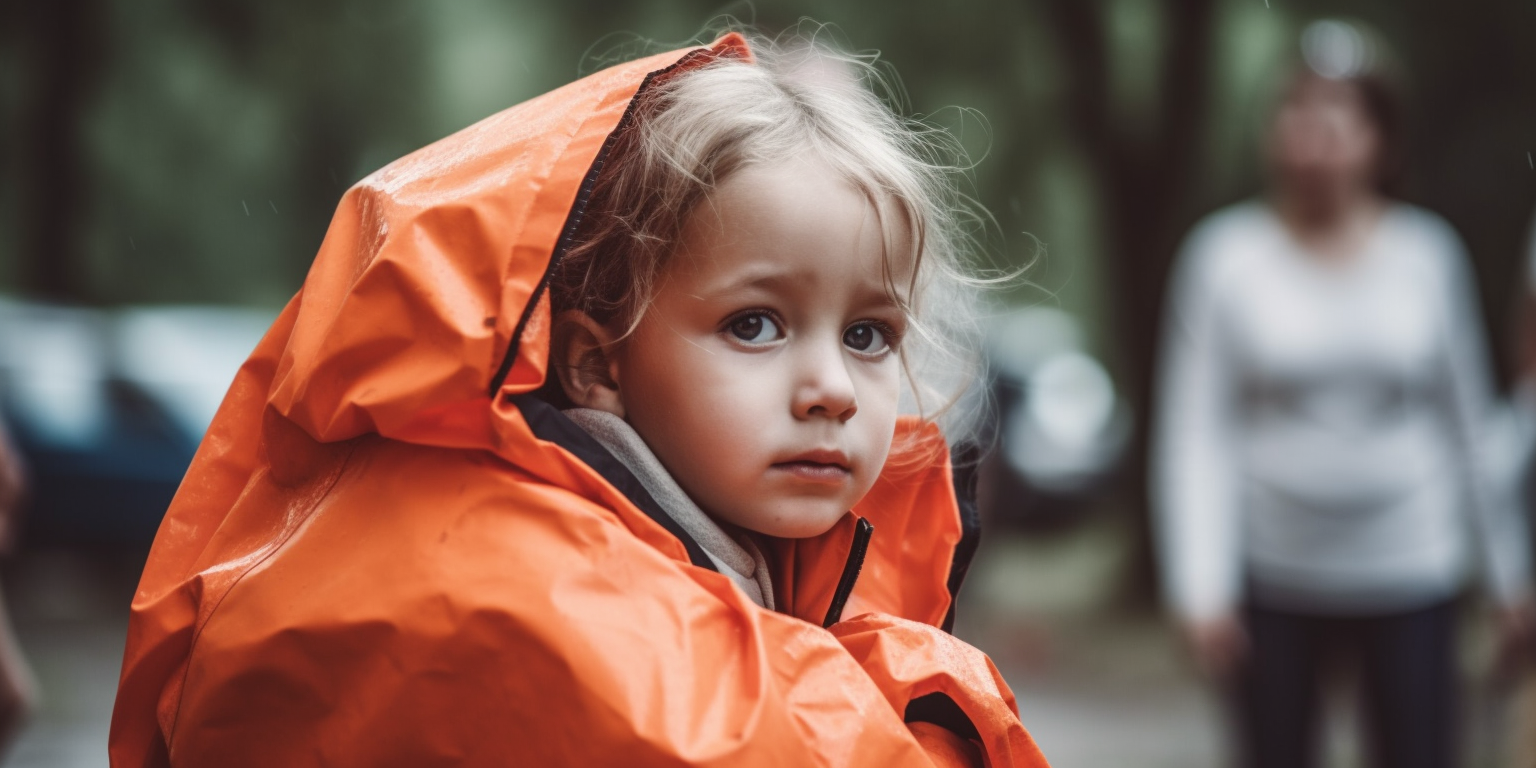
How might Climate Change harm our our society?
How might Climate Change harm our our society?
The potential impact of climate change is one that has gained increasing attention and urgency in recent years - in fact at times it is hard to avoid, with the press, politicians, companies and pressure groups continually making extreme statements and imagining worst case scenarios. However, as scientific research delves deeper into the impacts of climate change, it becomes clear that its effects are far-reaching and multifaceted, affecting various aspects of our lives.
Understanding Climate Change
Climate change refers to significant, long-term changes in the patterns of temperature, precipitation, and weather events globally. Although it is a natural part of our planet's rhythms and fluctuations, it does also appear to be impacted by human activities, particularly the burning of fossil fuels, which increases the concentration of greenhouse gases in the Earth's atmosphere.
According to NASA, the Earth's average temperature has increased by about 0.8 degrees Celsius (1.4 degrees Fahrenheit) since 1880, and the rate at which the temperature is increasing appears to be accelerating.
In order for our civilisation to continue to thrive, we need relative climate stability - most importantly this ensures that we are able to produce adequate food to feed our growing populations. A rapidly changing climate has the potential to have significant consequences on food production, and as such it is only sensible to stay awake to the risks this might pose, and for us to continue to study this science with objectivity and calm well-thought through actions where appropriate.
- Impact on Weather Patterns
One of the most direct effects of climate change is the alteration of global weather patterns. The concern is that this can in theory manifest in more frequent and severe weather events such as hurricanes, droughts, heatwaves, and heavy precipitation.
- Threat to Food Security
Climate change has the potential to significantly impact agriculture, threatening global food security. Changing weather patterns, extreme weather events, and shifting climatic zones can affect crop yields, livestock health, and fisheries. To understand the risk through example, in the USA during the 1930s, extended droughts and unusually high temperatures resulted in devasting consequences for many farming families, with choking dust storms causing crop failure and livestock death across a large number of US states.
- Rising Sea Levels and Coastal Flooding
If global temperatures continue to rise, so will sea levels, primarily due to the melting of polar ice caps and glaciers, and the expansion of seawater as it warms. This poses a significant threat to coastal communities and low lying countries such as the Maldives. The Intergovernmental Panel on Climate Change (IPCC) predicts that sea levels could rise by 0.3 to 1.2 meters by 2100, potentially displacing millions of people living in low-lying areas.
Although this is nothing new, as sea levels rise and fall in rhythm with the natural changes in Earths climate, it will cause tremendous upheaval for certain communities and nations.
- Health Risks
Climate change also poses various health risks. Increased temperatures can lead to more heat-related illnesses and deaths. Changes in weather patterns can affect the spread of infectious diseases, like malaria and dengue fever, which are transmitted by mosquitoes. Although it is extremely difficult to properly anticipate, the World Health Organization estimates that between 2030 and 2050, climate change is expected to cause approximately 250,000 additional deaths per year from malnutrition, malaria, diarrhoea, and heat stress.
- Economic Consequences
The economic impact of climate change has the potential to be significant, affecting industries, economies, and livelihoods. Natural disasters which might be linked to climate change can cause billions of pounds in damage, disrupting economies and infrastructure.
Even more significantly, the cost to nations of trying to reduce the human contribution towards climate change is likely to be even more significant. For example, the Committee on Climate Change has estimated the cost of reaching net zero emissions by 2050 will cost approximately £50 billion per year. Other estimates have come in even higher at roughly £70 billion per annum.
- Social and Political Implications
Climate change, especially if it impacts food production and distribution could fuel political instability. Resource scarcity, loss of livelihoods, and climate-induced migration can lead to social tensions and conflicts as people fight for resources.
Mitigation and Adaptation Strategies
To address the threat posed by climate change, a combination of mitigation (reducing greenhouse gas emissions and enabling the Earth to re-establish its natural equilibrium) and adaptation (adjusting to the effects) strategies is required.
As part of a long-term mitigation strategy, the Paris Agreement, a global pact aimed at limiting global warming to well below 2 degrees Celsius above pre-industrial levels, represents a collective effort to address climate change.
The Role of Individuals and Communities
While international and national policies are crucial, individuals and communities can also play a role in combating the risk of climate change. This includes adopting sustainable practices, such as reducing energy consumption and supporting renewable energy sources.
Grassroots movements and community-led initiatives, such as local conservation projects and educational programs, contribute significantly to raising awareness and driving change at the local level.
Looking to the Future
As we look to the future, the challenge of dealing with a fluctuating climate is complex, but also not as bleak as some make out. There have always been floods, hurricanes and wild fires, and sea-levels rise and fall. As humans we have incredible capability to solve even the most difficult problems. Advances in technology, increasing global awareness, and a growing commitment to sustainable development are paving the way for a more resilient society.
Final Thoughts
Climate change poses a multifaceted threat to society, impacting environmental, economic, social, and personal dimensions of life.
We need to recognise that the Earth has its own natural processes, and that we need to be cautious to ensure that the solution is not worse than the problem itself. Furthermore, we need to address the risks of climate-change whilst not inadvertently allowing other risks and problems to manifest in our societies.
We must be smart in our thinking, thorough in our understanding, wise in our solutions and cautious to remember that for every action there is a reaction.
To understand the broader (and less talked about) risks that climate change may bring, we recommend you read our article Climate Change Weaponisation.
Suggested Articles
Emergency Food for Low-Income Individuals: Access and Affordability in Times of Crisis
During times of crisis, securing basic necessities becomes a challenge, with food security becoming an urgent concern...
Prepping for Emergencies with Children: A Comprehensive Guide for UK Families
How to Keep Your Family Safe, Informed, and Ready for Any Emergency Introduction Emergencies can happen at any time, ...
Emergency Food Supply for Multi-Day Power Outages: A Comprehensive Guide for UK Residents
Power outages can strike at any time, and with an increasing demand for electricity and a more volatile climate, the ...




